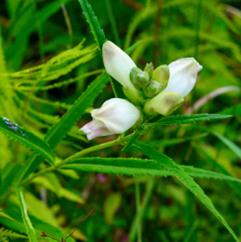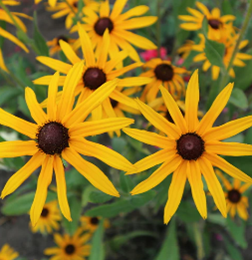The natural world faces threats from every side. For example, expanding agricultural acreage, real estate growth, and pollution. Chemicals like fertilizers and herbicides also take their toll. Another category of pesticides threatens vital insect and pollinator populations: neonicotinoids.
Neonics, developed in the mid-1990s, are a class of synthetic, neurotoxic insecticides. They used to treat lawns, golf courses, crops, and even tick and flea issues for pets.
This article explores how neonics work. It explores their potential damage and lists steps you can take to help mitigate the issue.
How Do Neonicotinoids Work?
Neonics have become the most widely used insecticide. They’re effective for controlling difficult soil pests that cause problems for growers. In the United States, 30% of soybean and 80% of corn seeds are neonic-treated.
Neonics work by binding to insect nerve cells, causing paralysis and death. They help control insects that damage crops, but their impact is indiscriminate. Good insects like bees are also impaired or killed.
Applied to plant seeds or roots neonics penetrate cells throughout the plant. This means every part of the plant, from stem to nectar, is toxic. The loss of pollinator insects impacts crop pollination and nature as a whole.
Neonics remain active in the soil for years. Also, rain and irrigation spread the pesticide, leading to ecosystem contamination.
How to Mitigate Problems Caused by Neonicotinoids
Planting native flowers that nourish pollinators helps combat the effects of neonics. Forrest Keeling offers hundreds of native plant species that support valuable pollinator populations. Our plant production is neonic-free.
Not sure where to start? These native flowering plants are great options to add to your landscape.



Sustainability Starts at Forrest Keeling
Forrest Keeling is the North American leader in native plant production. We grow hundreds of species of native plants each year. Our annual production of about two million plants supplies many conservation remediation projects. We’re proud to provide the most robust and survivable plants thanks to our RPM technology.
Have questions about how you can offer your customers the best native plants on the market? Talk with a Forrest Keeling team member today to learn about all your native options.
Forrest Keeling Nursery… it’s ‘where the best natives begin!’ Contact us today.
